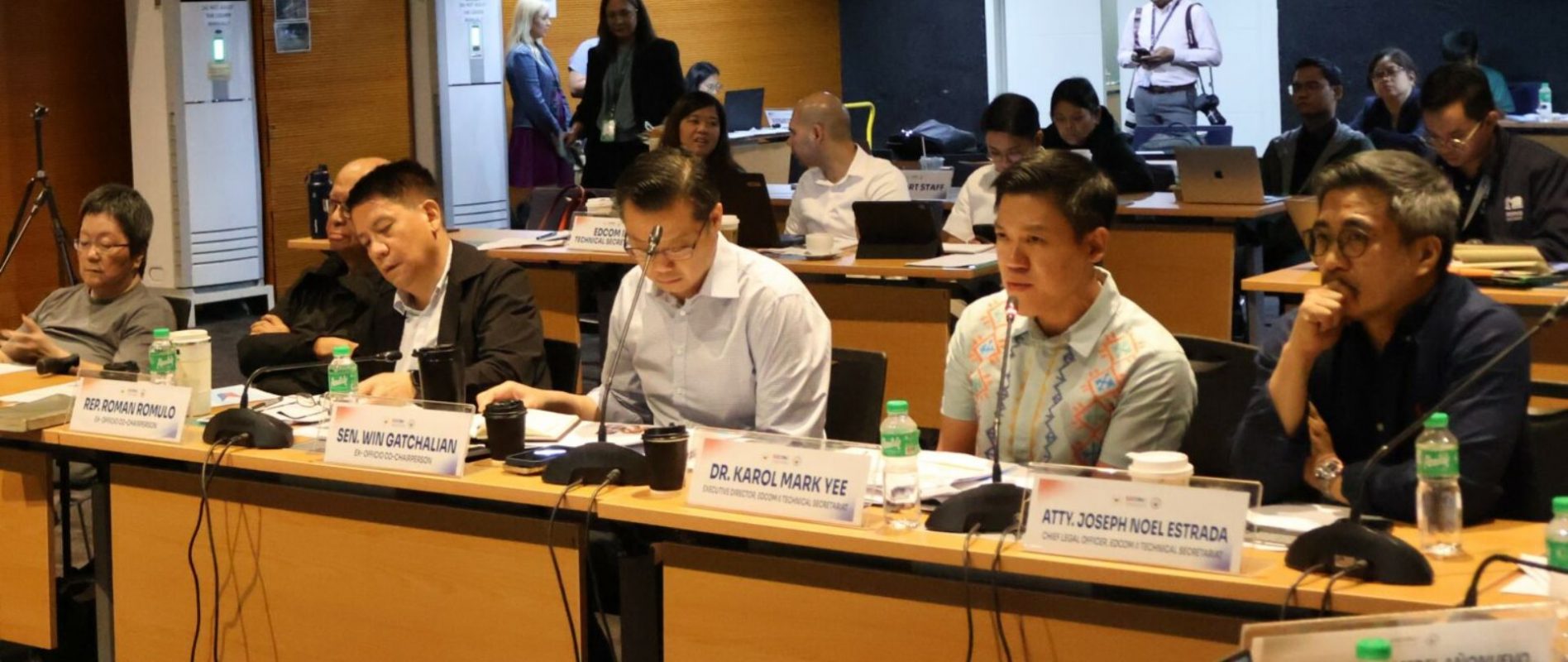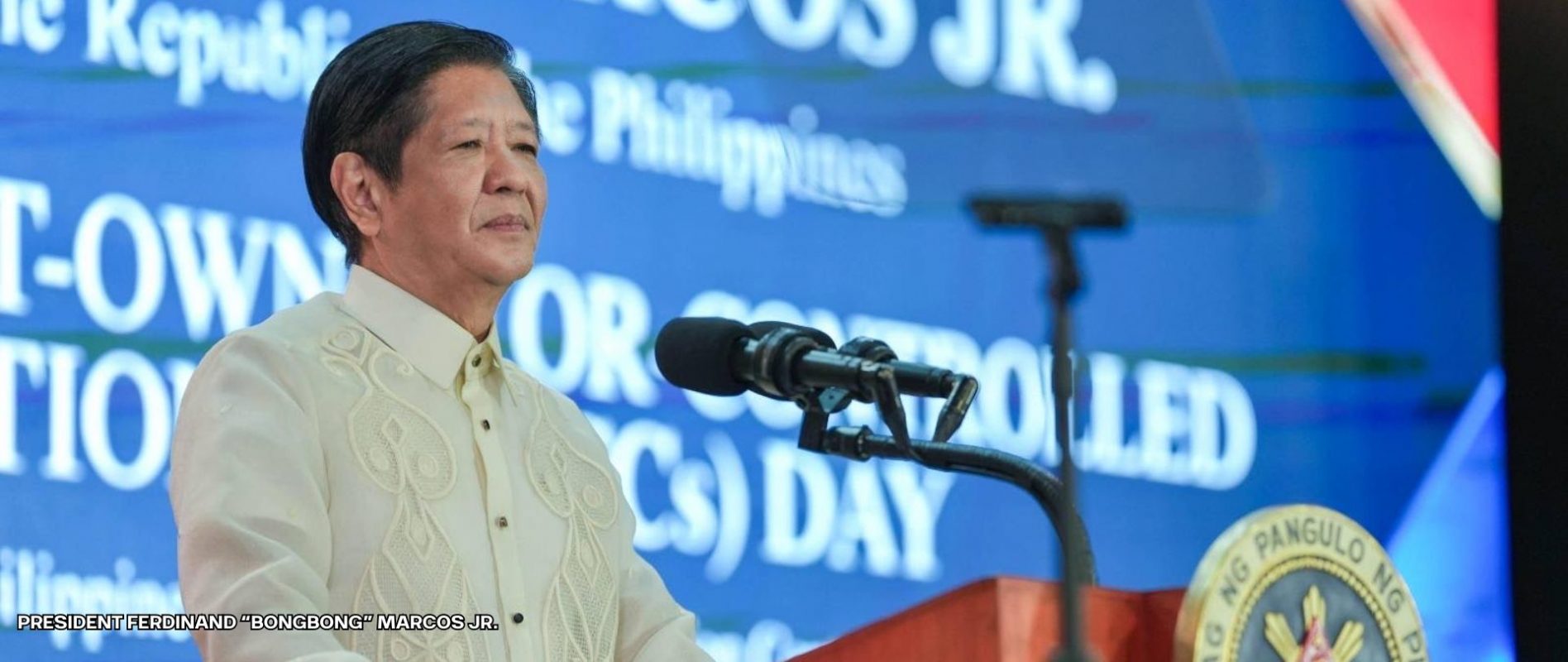EDCOM 2 URGES PBBM TO CREATE CABINET CLUSTER FOR EDUCATION
THE SECOND Congressional Commission on Education or EDCOM 2 has urged President Ferdinand Marcos Jr. to create a Cabinet Cluster for Education to provide strong oversight on all the education agencies under the Executive Department.
THE SECOND Congressional Commission on Education or EDCOM 2 has urged President Ferdinand Marcos Jr. to create a Cabinet Cluster for Education to provide strong oversight on all the education agencies under the Executive Department.
This is among the efforts of EDCOM 2 to strengthen the governance structure of the education system, and to urgently address the country’s learning crisis.
The call has been submitted for the consideration of the President ahead of his State of the Nation Address on July 22, and following his appointment of a new DepEd Secretary.
“While the trifocalization of the education system allowed the DepEd, the CHED, and the TESDA to focus on the sub-sectors they represent, the absence of an effective coordinating mechanism became a challenge in pursuing a coherent education strategy. Moving forward, we need to ensure that our education agencies and other government institutions are headed in the same direction, and this is where a coordinating body can step in under the guidance of the President,” said EDCOM 2 Chairperson Senator Sherwin Gatchalian.
For his part, EDCOM 2 Commissioner Rep. Kiko Benitez stressed, “We must understand the education sector from a systems perspective. Each stage of education feeds into the other, with multiple entries and exits. Education policies must not, therefore, be developed and implemented in silos. So we must strengthen coordination among education agencies to support different learning pathways and facilitate learner mobility as they prepare for and navigate a changing world.”
It must be noted that while the First Congressional Commission on Education recommended the trifocalization of education with the creation of the Commission on Higher Education and Technical Education and Skills Development Authority in addition to what used to be the Department of Education, Culture, and Sports, it likewise proposed the establishment of a National Coordinating Council for Education in order to ensure effective coordination, planning, and allocation of resources among the three agencies.
Since the 1990s, however, several attempts to implement the NCCE – including Executive Order No. 273 s. 2000, and EO No. 652, s. 2007 – were unable to successfully institutionalize it.
“Three decades have passed since the trifocalization of our education system, as recommended by the first EDCOM report. We have seen its benefits and drawbacks, and now that we are in the process of reviewing the system and holistically addressing its ills, our governance structures must also adjust to the much needed reforms in education— particularly addressing the need to enhance coordination across our three education agencies,” said Dr. Karol Mark Yee, Executive Director of EDCOM 2.














